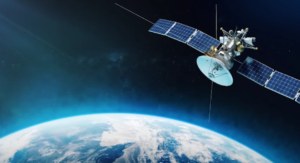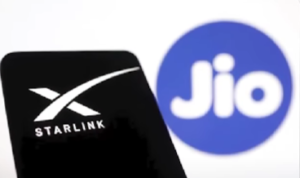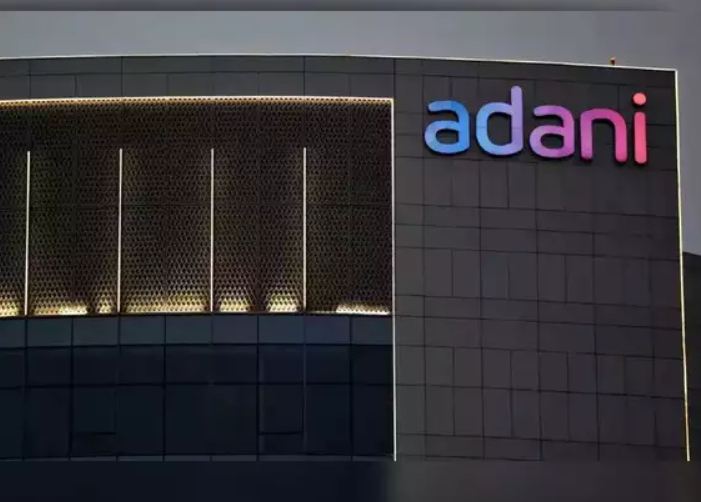Elon Musk and Mukesh Ambani fight over satellite spectrum.
Global satellite communications (satcom) companies, including Elon Musk’s Starlink, Jeff Bezos’ Amazon, and Globalstar, are engaged in a fierce competition with Indian telecom providers Reliance Jio, Bharti Airtel, and Vodafone Idea.
The issue? Spectrum, as well as the cost and distribution process. For both groups of stakeholders, the stakes are quite high.
Although the services are still in their infancy, Satcom has enormous promise in India. According to In-SPACe, which organizes India’s commercial space operations, the country’s space economy might reach USD 44 billion by 2033, making up around 8% of the worldwide market, up from the current 2%. Satcom contributes to this enormous possibility.

For what purpose is the fight waged?
The primary point of controversy is how satellite spectrum should be distributed to satcom companies.
Reliance Jio and Vodafone Idea interpret the Telecommunications Act 2023 differently, despite the fact that it requires administrative satellite spectrum allotment and has already been notified and put into effect.
However, the satcom companies feel that the Act’s notice has resolved the satellite spectrum distribution controversy and that these airwaves need to be distributed as soon as possible at nominal costs. They claim that satellite spectrum differs from terrestrial spectrum because mobile providers use satellite airways alone, whereas satellite airwaves are shared.
Telcos see things differently.
Dependency Even the Act, according to Jio, does not need administrative mechanisms as the only means of allocating spectrum to Satcom. “If Trai did not conduct a thorough analysis of the technical and economic viability of spectrum auctions for satellite services under the provisions of the Telecommunications Act, 2023, it would be failing in its statutory duty, as established by the Trai Act, 1997,” Jio stated.
In a similar vein, Vodafone Idea thinks that the administrative allocation process for mobile satellite services (MSS) is limited to the L and S bands under the First Schedule of the Act.
Since they are not included in this timetable, the additional bands that are intended for MSS are beyond the purview of administrative responsibilities. Pricing must be in line with or benchmarked to the market-based rates paid by terrestrial carriers, including in cases where L and S bands are engaged in providing a competitive service, according to Vodafone Idea.
The telecom companies stated that the Act does not allow for any relaxation in terms of paying the market-determined or market-related price for spectrum assignment, even in the case of administrative allocation.
Who are the principal parties involved?
Global satcom giants like SpaceX/Starlink, Amazon, Globalstar, Telesat, and Viasat are mostly at odds with Indian telcos Reliance Jio, Bharti Airtel, and Vodafone Idea. Eutelsat OneWeb, a satcom company financed by Bharti, has also endorsed the telecom company’s call for fair competition.
What guidelines do other nations adhere to regarding satellite spectrum?
With a few exceptions, when orbital slots and spectrum have been put up for auction, spectrum for satellite communication services in higher bands, such as C-band, Ku-band, and Ka-band, is allotted administratively worldwide.
The reach of satellite communication systems transcends national boundaries. As a result, a worldwide agreement is required to control radio spectrum usage. To guarantee interference-free operation of space-based communication services, the International Telecommunication Union (ITU) is in charge of managing the radio-frequency spectrum and satellite orbit resources on a worldwide scale.
Why telecoms bring up the level-playing field problem
The telecoms want an equal playing field to be guaranteed in the event that satcom players provide rival services. In the event that spectrum is officially granted to satcom companies for minimal pricing, they will have an edge against telcos, which have combined paid INR5.5 lakh crore to buy this spectrum.
According to the telcos, satellite providers are now able to provide speeds that are on par with terrestrial networks because to sophisticated satellite systems like SpaceX’s Starlink and Amazon’s Kuiper. They believe that satellite services should be subject to the same spectrum price, regulatory levies, and licensing costs as terrestrial operators when they compete with terrestrial networks by providing comparable services to retail and enterprise clients.
How does the government feel about this?
According to the Act, satellite spectrum would be granted administratively, but there will be a cost, as Communications Minister Jyotiraditya Scindia has explained. After conducting a consultation process, the Telecom Regulatory Authority of India (Trai) would soon release its recommendations.
However, because the existing document does not address important problems, such as equal playing field, Reliance Jio and Vodafone Idea have requested a reissue or a supplemental consultation paper.
The solar powerhouse in India is preparing for listing profits with a 100% gray market premium.



One thought on “Elon Musk and Mukesh Ambani fight over satellite spectrum”